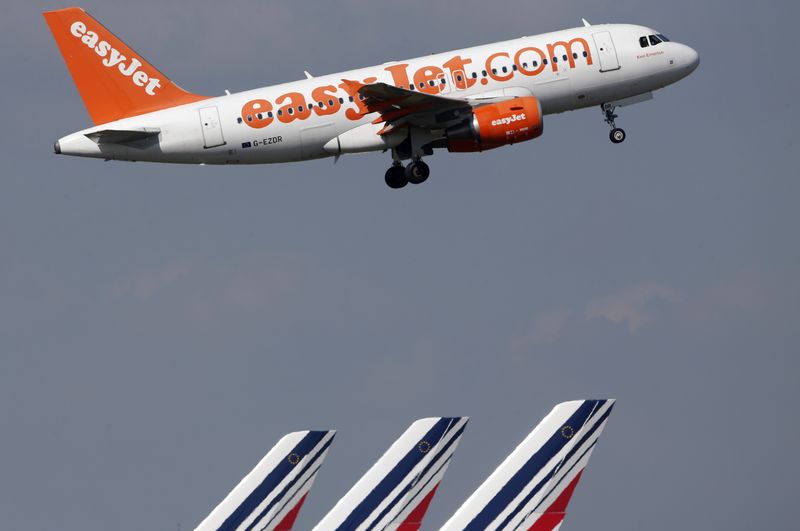Investing.com – London-listed shares of EasyJet (LON:) fell in early trading on Thursday after the budget carrier announced CEO Johan Lundgren would step down in 2025.
Lundgren worked at the firm for seven years after joining the business from travel group Tui. During his tenure, Lundgren oversaw a period of deep financial stress caused by COVID-related travel restrictions and led efforts to emerge from the crisis.
In October, Lundgren said the company had ordered more than 150 aircraft to take advantage of continued growth in travel demand. Chief financial officer Kenton Jarvis, who is due to replace Lundgren at the helm of easyJet at the start of January next year, said he supported the board’s plans to improve productivity.
Jarvis will have to convince skeptical investors with easyJet shares trading well below pre-pandemic levels. Analysts at RBC Capital Markets, however, said “the risk of management turnover will be limited” by the raise.
The group reported a pre-tax loss of 350 million pounds in the first half of the financial year, compared with analysts’ expectations of 340 million pounds, according to an LSEG survey cited by Reuters. But this was less than the £392 million loss in the same period last year.
A jump in fuel prices and investment in its holiday business pushed up EasyJet’s overall costs, although revenues rose on the back of an 11% increase in passenger traffic.
RBC analysts noted that easyJet’s guidance had removed language describing fourth-quarter revenue per seat (RPS) as “significantly outperforming”, saying instead that the airline’s load factors and profitability would improve.
remove ads
.
“We believe airline commentary on Q4 RPS is softer than previously, although holiday guidance remains unchanged,” analysts said in a note to clients.
Lundgren said in a statement that easyJet is “focused on another record summer, which is expected to deliver strong results.” [fiscal year 2024] profit growth” and is on track to achieve its medium-term goals.


